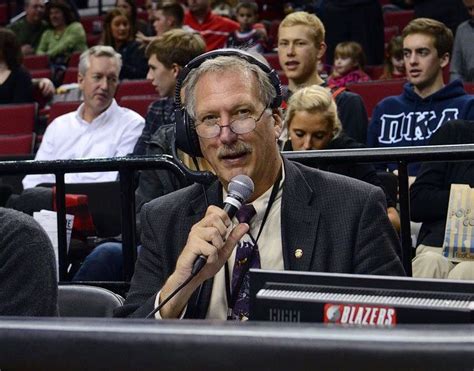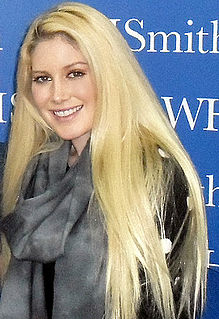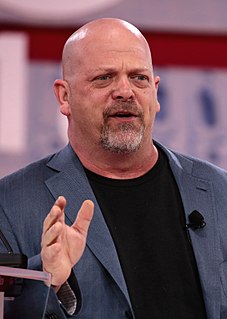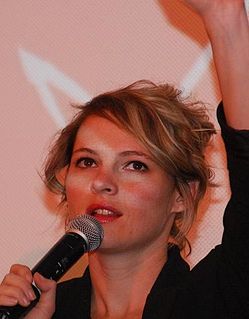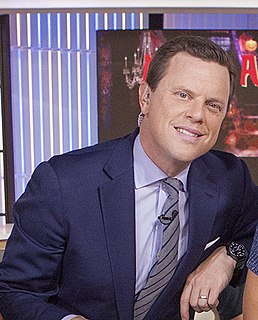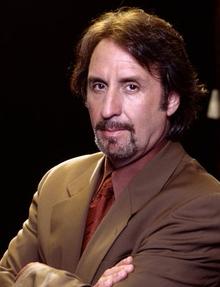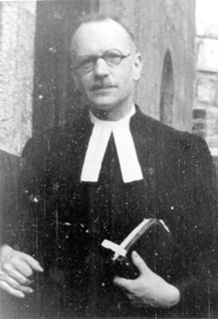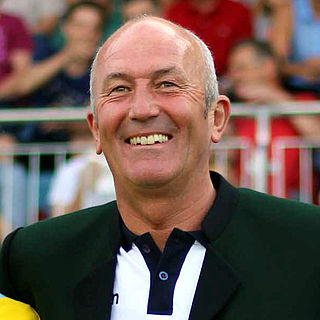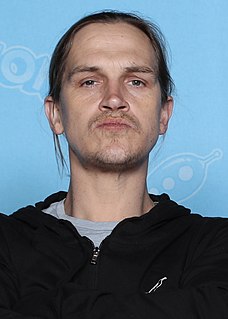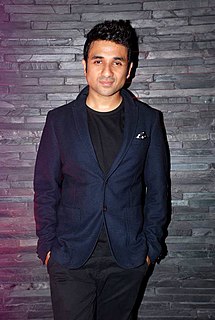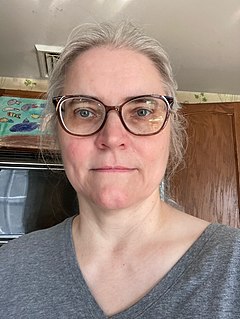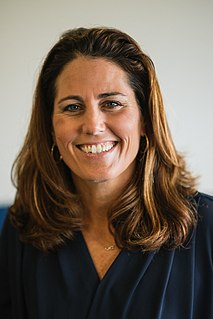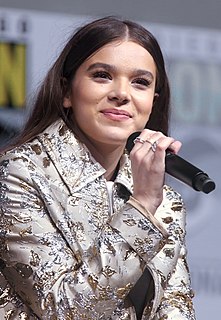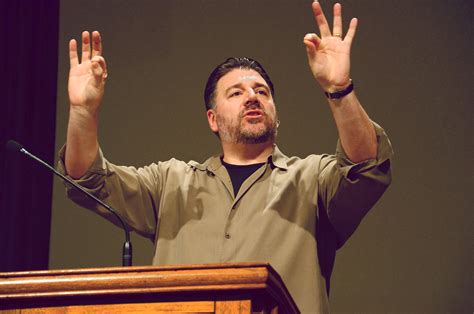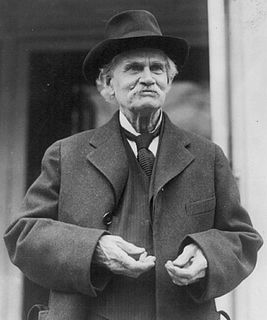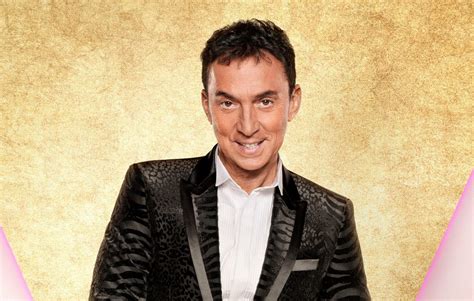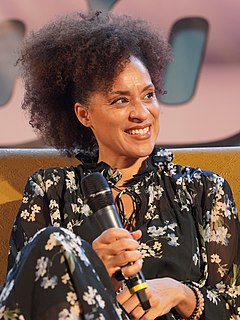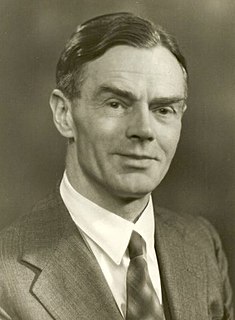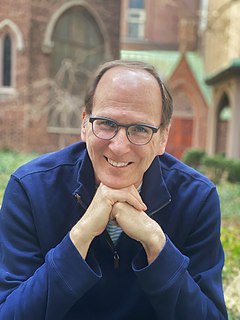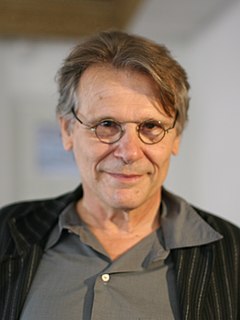Top 1200 Reading History Quotes & Sayings - Page 3
Explore popular Reading History quotes.
Last updated on April 15, 2025.
The only time I felt I was different was when one of my friends said, 'I hate reading' and I stared at her like, 'What kind of an alien creature are you?!' Because it was so incomprehensible to me that someone could dislike reading! That really started my desire to help other children love reading and writing.
I am opposing it with an idea of the history of philosophy as a history of philosophers, that is, a history of mortal, fragile and limited creatures like you and I. I am against the idea of clean, clearly distinct epochs in the history of philosophy or indeed in anything else. I think that history is always messy, contingent, plural and material. I am against the constant revenge of idealism in how we think about history.
A love of reading is an acquired taste, not an instinctive preference. The habit of reading is formed in childhood; and a child's taste in reading is formed in the right direction or in the wrong one while he is under the influence of his parents; and they are directly responsible for the shaping and cultivating of that taste.
By believing that only some of our students will ever develop a love of books and reading, we ignore those who do not fall into books and reading on their own. We renege on our responsibility to teach students how to become self-actualized readers. We are selling our students short by believing that reading is a talent and that lifelong reading behaviors cannot be taught.
I am not a historian, but I find myself being more and more fascinated by history and now I find myself reading more and more about history. I am very interested in Napoleon, at the present: I'm very interested in battles, in wars, in Gallipoli, the First World War and so on, and I think that as I age I am becoming more and more historical. I certainly wasn't at all in my early twenties.
When I was thirteen, I was in a supermarket with my mother, and for no reason at all, I picked up a science-fiction book at the checkout stand and started reading it. I couldn't believe I was doing that, actually reading a book. And, man, it opened up a whole new thing. Reading became the sparkplug of my imagination.
The great opposition to reading is what I allow to fill my time instead of reading. To say we have no time to read is not really true; we simply have chosen to use our time for other things, or have allowed our time to be filled to the exclusion of reading. So don't add reading to your to-do list. Just stop doing the things that keep you from doing it. But read.
There's a lot we should be able to learn from history. And yet history proves that we never do. In fact, the main lesson of history is that we never learn the lessons of history. This makes us look so stupid that few people care to read it. They'd rather not be reminded. Any good history book is mainly just a long list of mistakes, complete with names and dates. It's very embarrassing.
Well-meaning adults can easily destroy a child’s love of reading: stop them reading what they enjoy, or give them worthy-but-dull books that you like, the 21st-century equivalents of Victorian “improving” literature. You’ll wind up with a generation convinced that reading is uncool and worse, unpleasant.
So often we think, well, kids learn to read at school, I don't have to be responsible for that. But in fact they learn to love reading at home, and therefore it's really important that we as parents preserve the joy of reading by supporting them and reading things that speak to their hearts, books that they love.
Close reading of tough-minded writing is still the best, cheapest, and quickest method known for learning to think for yourself... Reading, and rigorous discussion of that reading in a way that obliges you to formulate a position and support it against objections, is an operational definition of education... reading, analysis, and discussion is the way we develop reliable judgment, the principle way we come to penetrate covert movements behind the facade of public appearances.
I think it's a great thing to hear the author reading. I've listened to CDs of Cheever and Updike reading their stories and Hemingway. To hear what their voices were like is amazing. Whether they're reading well or not, it's great to listen to the intonation and the beat of the guy who wrote the story.
We know only a single science, the science of history. History can be contemplated from two sides, it can be divided into the history of nature and the history of mankind. However, the two sides are not to be divided off; as long as men exist the history of nature and the history of men are mutually conditioned.
But reading is different, reading is something you do. With TV, and cinema for that matter, everything's handed to you on a plate, nothing has to be worked at, they just spoon-feed you. The picture, the sound, the scenery, the atmospheric music in case you haven't understood what the director's on about... The creaking door that tells you to be stiff. You have to imagine it all when you're reading.


